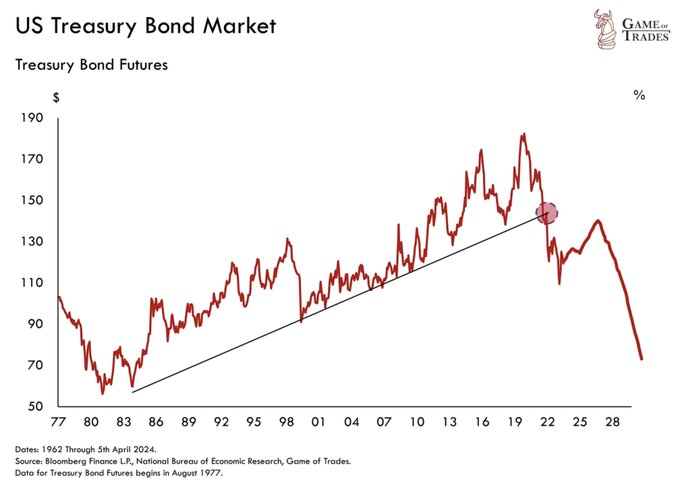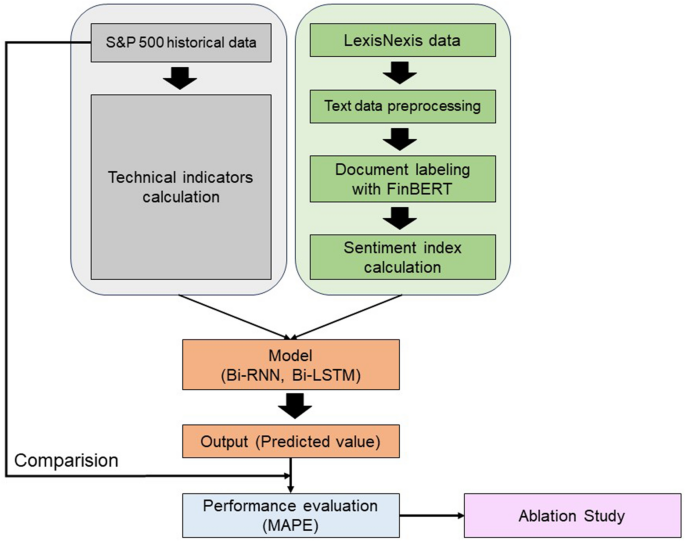image source, Getty Images
- author, Kevin Peachey
- Paper, Corresponding to the cost of living
Anyone considering buying a first home or moving into a new home will be watching the recent rises in mortgage rates with concern.
In the past two weeks, a number of lenders have raised interest rates on new fixed mortgage offers. The hikes have made borrowing more expensive and will potentially force some people to postpone their plans.
More than 1.5 million existing homeowners are re-mortgaging this year, and they too might have expected rates to drop, not rise again.
So why are rates going up? The answer can be complex and varied, but here are three reasons:
1. The loan is more expensive
Mortgage rates often pre-empt the Bank of England’s movements in benchmark interest rates, also known as the base rate. Remember, higher rates make it more expensive to borrow money.
Markets move as they try to predict what the Bank’s Monetary Policy Committee will do. In turn, that affects financing costs for mortgage lenders.
“Swap rates are when two parties exchange (or exchange) interest rates to secure funding for a set period of time. Swap rates influence the price of fixed rate mortgage offers,” explains Jo Jingree of mortgage broker confidence
“At the moment, fixed-rate mortgages have increased because the cost of borrowing has increased for lenders, and we have a number of factors, such as numerous base rate increases, to thank for that.”
The Bank’s Monetary Policy Committee makes its next decision on Thursday. Crucially, the rate is now not expected to be cut as soon or as often as previously thought.
So the impact of those expectations ultimately feeds into mortgage rates, which have been rising again.
Lenders had engaged in a mini price war earlier in the year. The average interest rate on a two-year fixed contract fell to 5.55% at the end of January, according to financial information service Moneyfacts.
But that’s as good as it gets for mortgage seekers. It has since risen, with a flurry of activity over the past fortnight taking the average rate up to 5.93%.
That worried Gary Rees, whose mortgage is due for renewal in October.
The 51-year-old, from Berkshire, pays around £350 a month with a mortgage interest rate of 2.4%. He is concerned that the rate could triple by the time he renews.
“I’ll have to cut back and not go out as much,” said Rees, who is registered blind.
You are also considering the possibility of having to use the savings to offset some of the mortgage interest or pay off some of the principal.
It will affect his standard of living and it was not what he expected.
“The mortgage is a worry and a stress that feels a little unfair,” he said. “I expected rates to go down.”
2. Lenders don’t want a lot of customers
Mortgage brokers are keen to stress that the moves in recent days are not another cycle of rapidly rising rates, as seen in the past two years.
The chart above shows that mortgage rates are still below last summer’s peak and not accelerating as alarmingly as they did after the 2022 mini-budget.
However, some borrowers were betting that rates would drop steadily throughout the year.
Two other key factors created the current bump in the road.
- First, the global economic outlook has not been as positive as many would have expected. On Wednesday, the US central bank said again that it would keep interest rates unchanged, because the rate of price increases (inflation) proved more persistent than expected.
- Second, lenders tend to move in a pack. A mortgage provider wants to set their rates so that they are competitive, but not so low that they are suddenly swamped with custom and unable to keep up with demand.
The reality for home buyers and owners in pounds and pence is that compared to someone who got a mortgage a year ago, it’s a bit more expensive.
Property portal Rightmove estimates that the average mortgage payment on a typical first-time buyer property when taking out an average five-year fixed mortgage at 85% loan-to-value is now £1,117 a month, up from £1,056 yearly there is
However, for those remortgaging when a current two-year, or especially five-year contract expires, the monthly cost could be hundreds of pounds higher because the rate could be below 2% when they got their last deal.
3. What the Bank of England says has a big impact
The outlook for the coming months among commentators is still generally more positive, but will create some food for thought for borrowers.
“This is not one-way traffic and could change again soon,” said David Hollingworth of L&C Mortgages.
Any hint from the Bank that it could soon change benchmark interest rates, even if they remain at current levels this Thursday, could push mortgage rates down again.
Rightmove’s Matt Smith said: “The Bank of England meeting will be quite key in setting the tone for mortgage rates heading into the summer.”
Markets still expect key rate cuts as the year progresses, but there are questions about how far and how often the Bank will go with them.
Anyone remortgaging can have three to six months before the deadline to close a deal and can switch to a better rate during that time if the situation improves.
Doing nothing during a time of uncertainty can be expensive if borrowers move to a predetermined variable rate when their fixed contract expires.
“There are still a lot of good deals available,” Ms. Jingree said.
“It’s a good reminder not to wait for a better deal to become available, as rates don’t always follow forecasts and expectations.”
Is your mortgage contract up for renewal? How do interest rates affect you?
Ways to make your mortgage more affordable
- Make overpayments. If you still have some time on a low fixed rate offer, you may be able to pay more now to save later.
- Switch to an interest-only mortgage. You can keep your monthly payments affordable even though you won’t be paying off the debt you built up when you bought your home.
- Extend the life of your mortgage. The typical mortgage term is 25 years, but terms of 30 and even 40 years are now available.
#mortgage #rates #BBC #News






